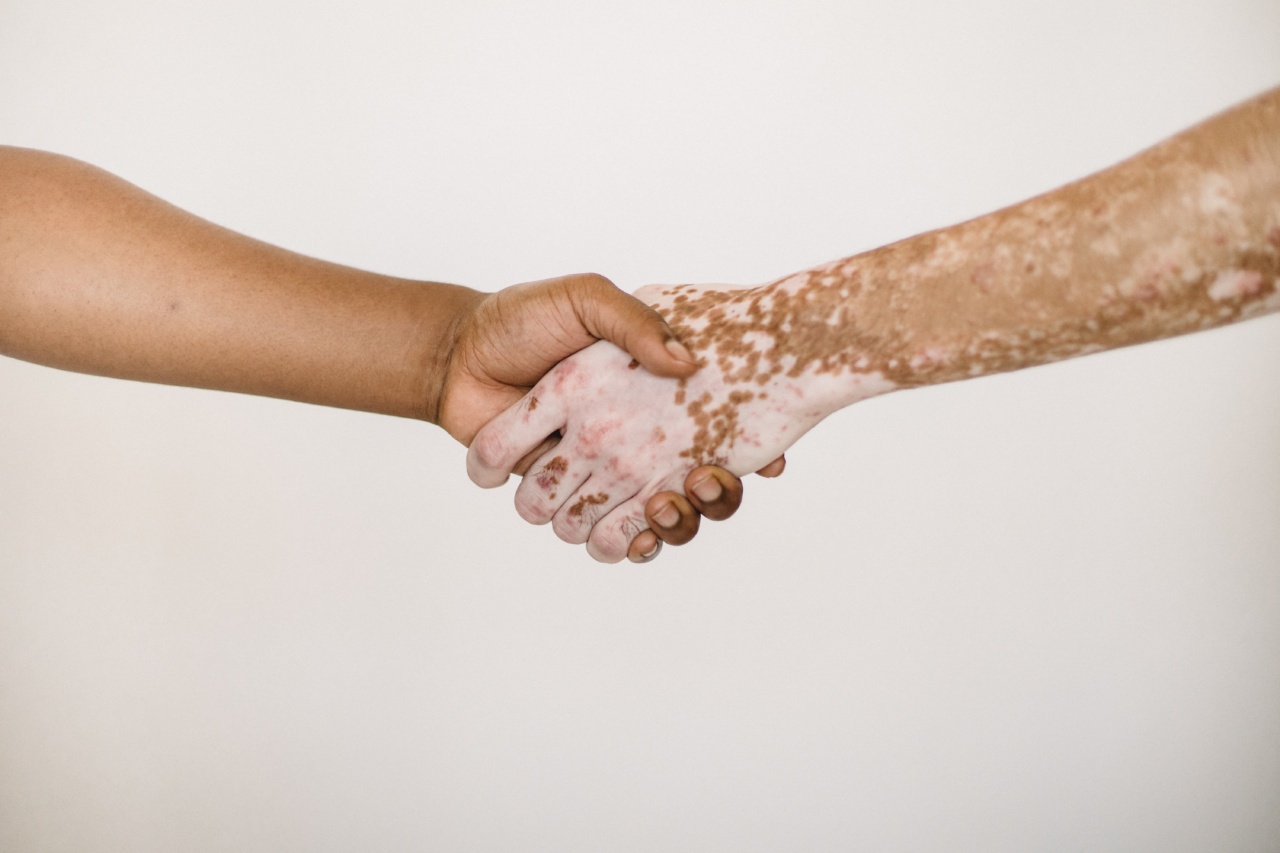Psoriasis is a common and chronic autoimmune skin disorder that affects around 2-3% of the world’s population. The condition is characterized by thick, scaly red patches that are itchy and painful.
While the exact cause of psoriasis is unknown, a variety of factors can trigger and worsen the symptoms. In this article, we will discuss some of the potential factors for psoriasis flare-ups.
Genetics
Psoriasis is known to have a genetic component, meaning that it tends to run in families. If one or both parents have psoriasis, their children may also develop the condition.
Researchers have identified several gene mutations that are associated with psoriasis, including genes that control the immune system, skin cell growth, and inflammation. However, having these genetic mutations does not necessarily mean that a person will develop psoriasis, and many people with psoriasis have no family history of the condition.
Stress
Stress is a common trigger for psoriasis flare-ups. When the body experiences stress, it releases a surge of hormones, including cortisol, which can disrupt the immune system and trigger inflammation.
Stress can also cause a person to scratch or rub their skin, which can irritate existing psoriasis patches and cause new ones to form. Managing stress through techniques like mindfulness, exercise, and therapy can help alleviate psoriasis symptoms.
Weather
Changes in weather can also trigger psoriasis flare-ups. Cold, dry weather can cause the skin to become dehydrated and lead to increased itching and flaking.
On the other hand, hot and humid weather can cause sweating, which can also exacerbate psoriasis symptoms. Shielding the skin from extreme weather changes and moisturizing regularly may help reduce the occurrence of flare-ups.
Infections or Injuries
Psoriasis can be triggered by infections and injuries to the skin. Strep throat, for example, has been linked to the development of psoriasis in some individuals.
Injuries, such as cuts, scrapes, or burns, can also trigger psoriasis outbreaks, especially in areas near existing psoriasis patches. It’s important to practice good hygiene and avoid exposing the skin to irritants or chemicals that can cause injury.
Alcohol and Smoking
Both alcohol and smoking have been shown to trigger psoriasis flare-ups. Alcohol is known to dilate blood vessels, which can increase blood flow to the skin and trigger inflammation.
Smoking releases toxins into the body, which can weaken the immune system and trigger psoriasis. Reducing or eliminating alcohol and smoking can help manage psoriasis symptoms.
Medications
Some medications can also trigger psoriasis flare-ups. Lithium, which is used to treat bipolar disorder, has been known to cause psoriasis in some individuals.
Other medications, such as antimalarial drugs, beta-blockers, and NSAIDs, have also been linked to psoriasis flare-ups. It’s important to speak with your healthcare provider about any medication you are taking and the potential side effects.
Obesity
Obesity is not a direct cause of psoriasis, but it has been linked to an increased risk of the condition and can worsen symptoms. Excess weight can cause inflammation throughout the body, which can trigger psoriasis flare-ups.
Obesity can also make it harder for psoriasis treatments to be effective. Maintaining a healthy weight through diet and exercise can help manage psoriasis symptoms and reduce the risk of additional flare-ups.
Skin Trauma
Psoriasis can also be triggered by trauma to the skin, such as a tattoo or piercing. This is known as the Koebner phenomenon, and it occurs when new psoriasis patches form in the exact spot where the skin was injured.
It’s important to take good care of the skin and avoid anything that might cause damage or irritation.
Allergens and Irritants
Many common allergens and irritants can trigger psoriasis flare-ups, including perfumes, detergents, and certain metals like nickel. These substances can irritate the skin and cause psoriasis patches to form.
Avoiding exposure to known allergens and irritants can help reduce the frequency and severity of flare-ups.
Diet
While there is no specific diet for treating psoriasis, some foods have been shown to trigger flare-ups. These can include red meat, dairy, gluten, and sugar.
In contrast, consuming antioxidants, omega-3 fatty acids, and other nutrient-dense foods can help boost immune health and manage inflammation, potentially reducing psoriasis symptoms.
Conclusion
Psoriasis affects millions of people worldwide and can be a challenging condition to manage.
While the exact cause of psoriasis is still unknown, many potential factors can trigger flare-ups, including genetic predisposition, stress, weather changes, infections, injuries, alcohol, smoking, medication, obesity, skin trauma, allergens, and irritants. By understanding these triggers and taking steps to manage them, individuals with psoriasis can better manage their symptoms and improve their quality of life.






























